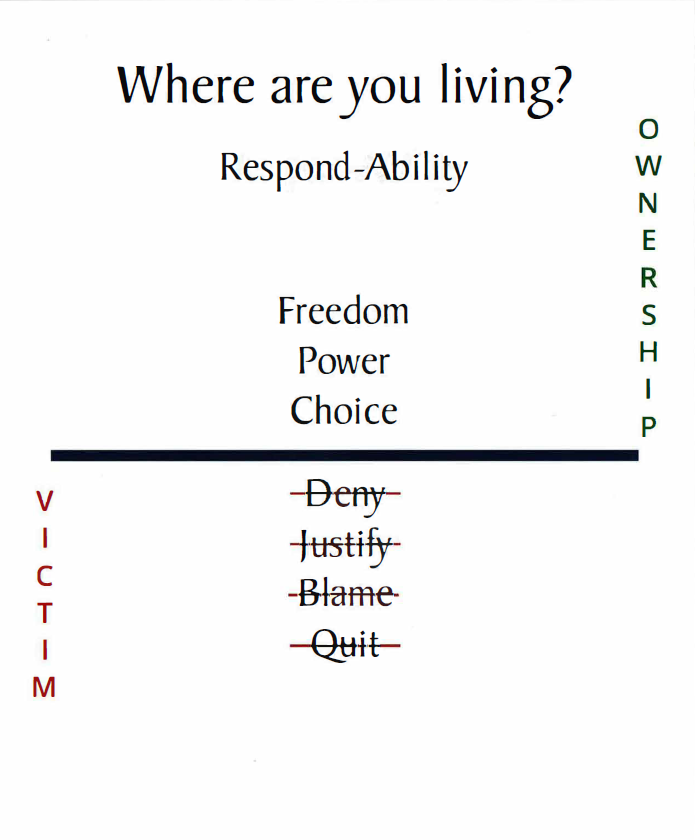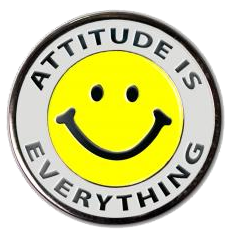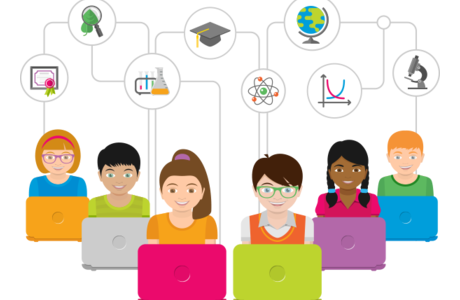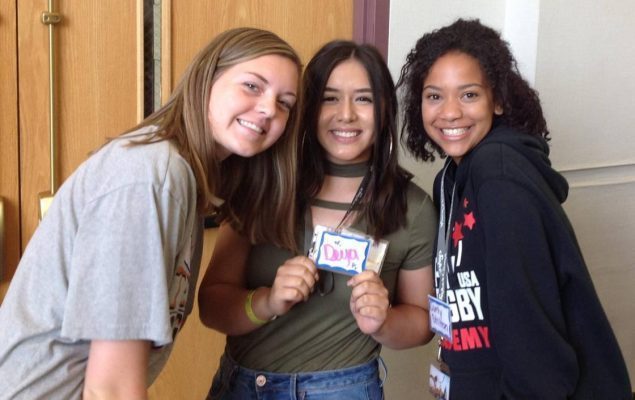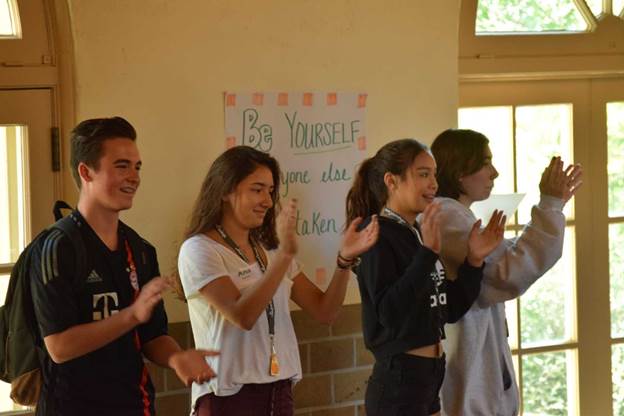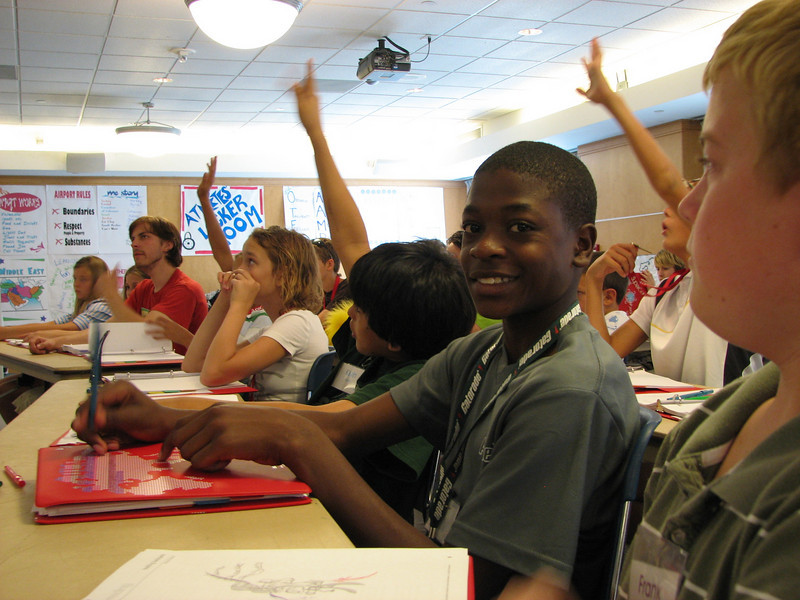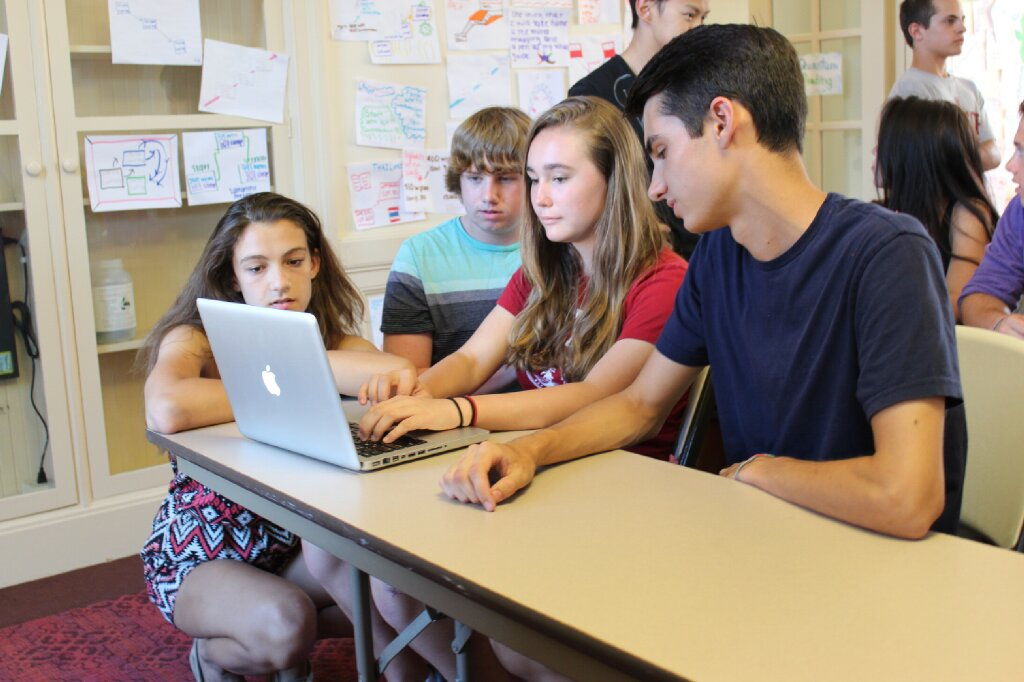Living above the line is related to the Key of Ownership, one of our 8 Keys of Excellence principles to live by. Life’s challenges come at us from all directions. At home, at school, and with friends, challenges are what keep life interesting. As these challenges arise, we have choices in how to approach them. No […]
Over our nearly four decades of operating SuperCamp and Quantum Learning school programs, we’ve learned a lot about students . . . about what holds them back and about what propels them forward. Maintaining a positive attitude is well up there on the list of what propels students forward—in school and in life! Choose a […]
Weekly group support meetings PLUS 1:1 Mentoring sessions Masterminds have been a long tradition in business and they continue because of the support members receive and the results they achieve. What is a mastermind? Masterminds are small groups of peers who meet regularly to help each other succeed. Members share their successes, their stories, and […]
Learning online–shift from have to be there to want to be thereHaving joy in your online learning experience With Crisis Comes Opportunity—Quantum Live Virtual Learning Captivate – Connect – Cultivate How schools open for the new school year is being debated across the nation and much is at stake . . . the wellbeing […]
SuperCamp’s learning skills are applicable to every subject and every level of learning, and to virtual learning as well as classroom learning. This has not been an easy school year for students. With no warning whatsoever—and therefore no preparation—virtual learning became the new normal for students and their parents. No one was ready for virtual […]
University presidents agree: what Gen Z students need is what SuperCamp offers and has taught students for more than 35 years—“how to learn throughout their lifetimes.” Middle school and high school students, also known as Gen Zs, are significantly different from millennials and face very unique challenges in school as well as later when they […]
Much of what has been written about soft skills, also known as transferable skills and 21st-Century skills, focuses on their importance in the workplace. There is no doubt that tomorrow’s workforce needs these soft skills in order to survive and thrive. We’ve written about it in our blog. But the reality is that students […]
Over the years, SuperCamp has been labeled an academic summer camp, a learning and life skills camp, a summer enrichment camp, a college prep camp and a student empowerment camp—some labels coming from us and some from others. As they say, it’s all good—because we are all of these things … and more. In […]
Studies abound with statistics reporting the growing number of students who begin their college careers grossly unprepared for college-level work. The cost to the colleges and the students is significant, as the schools are forced to establish remedial courses and the students are forced to come up with additional tuition to pay for these courses. […]
A new study by the global consultancy firm, McKinsey & Company, predicts that over the next 13 years, as many as 70 million workers in the United States will be forced to find another way to make money. Why is that? The answer is found in two words: automation and robots. The impact will be […]
It’s a concern we hear from parents all the time: “I don’t remember working nearly this hard as a kid.” And parents aren’t completely wrong. It isn’t enough to have a 3.5 GPA or 1300 on your SATS anymore. Starting at an increasingly young age, it’s expected that students not only be top academic performers, […]

